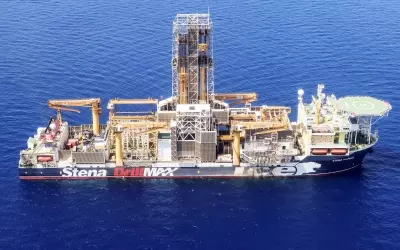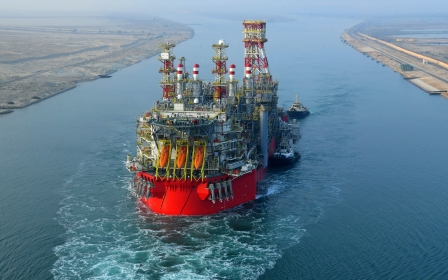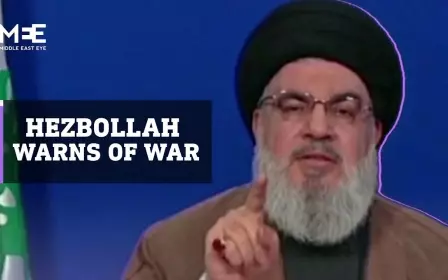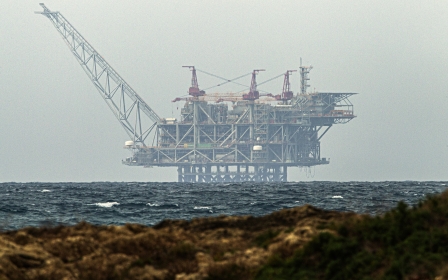US mediator in Lebanon-Israel maritime talks to arrive in Beirut this week
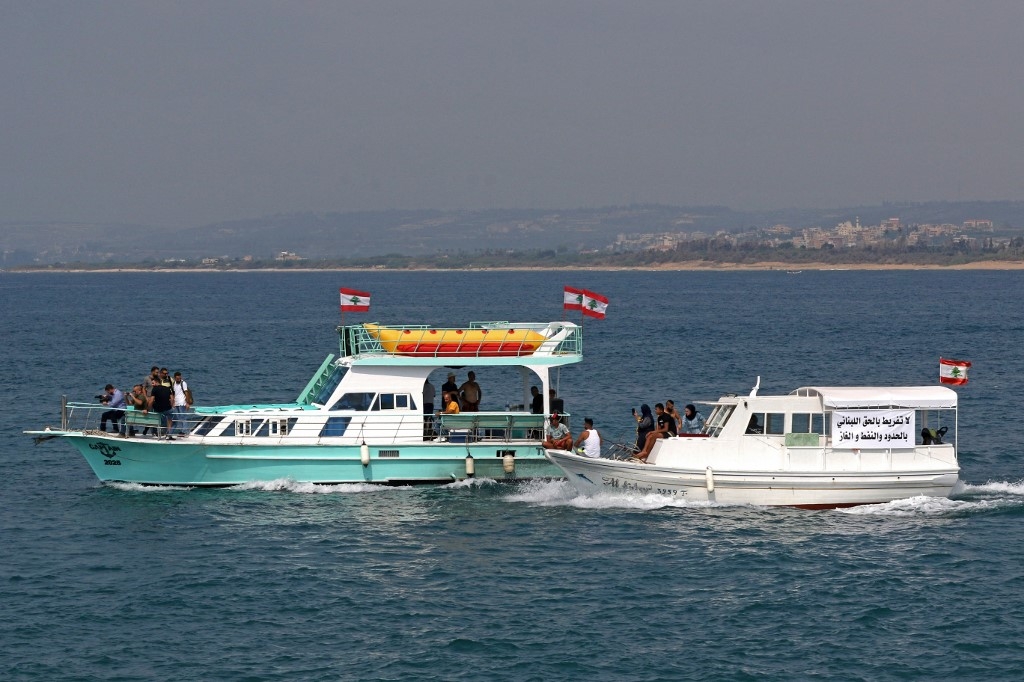
The US diplomat mediating talks between Lebanon and Israel over their shared maritime border will be in Beirut at the end of the week, a statement from Lebanon’s presidential palace said on Sunday.
The statement said Amos Hochstein would be in Lebanon to follow up on discussions with the Lebanese side on the delineation, without providing more details.
New MEE newsletter: Jerusalem Dispatch
Sign up to get the latest insights and analysis on Israel-Palestine, alongside Turkey Unpacked and other MEE newsletters
The US embassy in Beirut declined to comment.
Hochstein was last in Beirut in late July for meetings with Lebanese officials.
At the time, a senior Israeli official, speaking to Reuters on condition of anonymity, said Hochstein would present a new Israeli proposal that "includes a solution that would allow the Lebanese to develop the gas reserves in the disputed area while preserving Israel's commercial rights".
A Lebanese official said the proposal would allow Lebanon to explore the entire Qana Prospect, an area with the potential to hold hydrocarbons which crosses beyond Line 23, a maritime line that was originally Lebanon's demand during negotiations.
Hochstein told local broadcaster LBCI after that trip that he expected exploration would move forward in the area once the companies involved had the "legal and diplomatic certainty" that would result from a deal.
"I remain optimistic that we can make continuous progress as we have over the last several weeks and I look forward to being able to come back to the region to make the final arrangement," Hochstein said.
The maritime border dispute between Lebanon and Israel escalated in early June, after Israel moved a production vessel to the Karish offshore field, which is partly claimed by Lebanon.
The move prompted Beirut to call for the resumption of US-mediated negotiations on the demarcation dispute.
Lebanon and Israel have no diplomatic relations and are separated by a UN-patrolled border.
They had resumed maritime border negotiations in 2020, but the process was stalled by Beirut's claim that the map used by the United Nations in the talks needed modifying.
Lebanon initially demanded 860 sq km of territory in the disputed maritime area but then asked for an additional 1,430 sq km, including part of the Karish field.
Israel claims that the field lies in its waters and is not part of the disputed area subject to negotiations.
Middle East Eye delivers independent and unrivalled coverage and analysis of the Middle East, North Africa and beyond. To learn more about republishing this content and the associated fees, please fill out this form. More about MEE can be found here.


